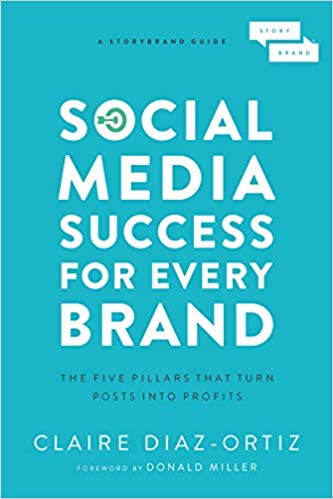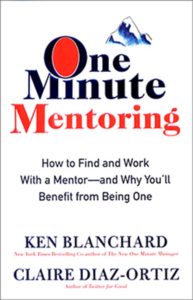This guest post comes in via Molly Dunn, a pal from business school who is rocking the world. Importantly, Molly is rocking the world despite a diagnosis of clinical depression, and shares about the journey at her blog DepressionWhoNeedsIt. Although depression isn’t something I have suffered with, I am a huge believe in mental health being a key priority in order to lead healthy and happy work and personal lives.
I’ll let Molly take it from here…
There are millions of successful professionals who have been diagnosed with clinical depression, and millions more remain undiagnosed. Maintaining a successful career, for many of us, has become a pillar of our identities, but it’s extremely hard to manage when the fog sets in. Here are a few tips to finding work-life balance when you’re overwhelmed, depressed, or just stressed out.
Find out exactly what wears you down and what recharges you – at work and at home. Many successful professionals get depressed without enough stimulation, others need down time to recharge. Some of us can’t stand interpersonal conflict, others get a bit of a high from competing with others. Pay attention to the way you feel doing your daily tasks and notice whether they energize or exhaust.
Do some strategic thinking around how, in the short, medium, and long term, you can maximize the former while minimizing the latter. This might involve anything from hiring extra help to do the dishes, to gradually changing your job description to include more tasks you viscerally enjoy.
Make work a therapeutic priority. Many therapists take for granted that “real” stressors come through family and other interpersonal relationships. They can fail to give enough credence to the contribution of work to the identity of entrepreneurs and other successful professionals. Is work getting in the way of your life’s priorities, or is it integrally tied into them? Either way, your relationship to your job is a vital part of your mental health.
Consider coming out (carefully). The psychological benefits of “coming out” as adepressed adult are myriad, but coming out directly to your current colleagues comes with a host of problems. Classmates from graduate school are good candidates for peer support, old friends from past jobs are another good option.
Take your wellbeing as seriously as you take your job, and you’ll be just fine. 🙂
Molly Dunn has worked on healthcare for Senator Durbin, designed prizes and ch




